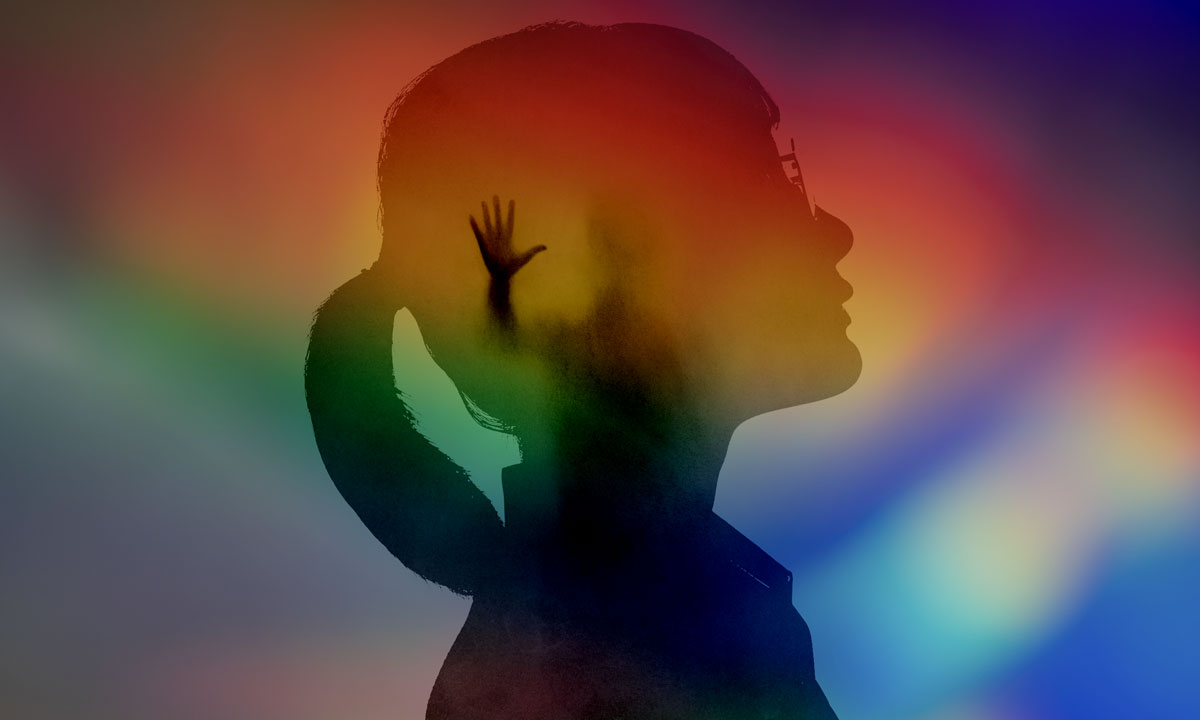Have you heard about the challenges LGBTQ teens face when seeking mental health care? Let’s dive into this important topic!
LGBTQ Teens’ Mental Health Struggles for Care
A study, published in JAMA Pediatrics in June, indicated that less than one-third of mental health facilities in the country offered specialized services designed for LGBTQ youth in 2020.
These services encompassed crucial areas such as coming out support, counseling on sexual orientation, and gender-affirming therapy. Shockingly, on a per capita basis, all 50 states had fewer than 10 facilities with LGBTQ services per 100,000 children.
Fabiola Rivas, an 18-year-old from Melbourne, Florida, had a firsthand experience of this issue when she realized she was a lesbian in middle school in 2019. Struggling with feelings of isolation and loneliness, she sought therapy.
Unfortunately, her hometown had limited resources for addressing the unique challenges faced by LGBTQ individuals during their coming-out journey. Only one mental health facility in her area offered LGBTQ-specific services, but it was prohibitively expensive for her family.
Rivas’s situation worsened during the Covid-19 pandemic when students were forced to stay home. Eventually, her family found an affordable telehealth provider in Venezuela, where they are originally from, allowing her to access the support she needed.
This situation is far from unique, as revealed by the JAMA Pediatrics study. The LGBTQ community, particularly its youth, is facing a mental health crisis. Representative Ritchie Torres, the first openly gay Afro Latino in Congress, emphasized the urgent need for proper resources to support those who seek help.
Kristen Choi, the lead author of the study and an adolescent psychiatric nurse, highlighted the alarming lack of progress in training mental health facilities to serve LGBTQ youth. From 2014 to 2020, the percentage of such facilities barely increased from 25% to 28%.
LGBTQ youth face disproportionately higher rates of poor mental health compared to their heterosexual peers, according to the Centers for Disease Control and Prevention.
Choi noted that many providers and organizations lack the necessary training and sensitivity to effectively interact with LGBTQ kids.
Alex Tilinca, a 22-year-old transgender man from Long Island, New York, also shared his struggles in finding adequate mental health services. His transition began at age 11, but his family initially connected him with a therapist who lacked expertise in LGBTQ care.
He was fortunate to eventually receive help through the therapist’s personal network, leading him to receive the necessary support for his transition.
In response to the urgent need for improved mental health resources, Representative Torres, along with Representatives Eric Sorensen and Sharice Davids, introduced the Pride in Mental Health Act in June.
This legislation aims to enhance access to mental health resources tailored to the needs of LGBTQ youth, along with providing caregiver training. It also includes guidelines to combat bullying in schools, representing a crucial step forward in addressing LGBTQI+ mental health challenges.
Jonah DeChants, a research scientist at The Trevor Project, highlighted the immense stress experienced by LGBTQ individuals, particularly in the current political climate in the U.S., where LGBTQ rights have faced setbacks.
The organization consistently receives requests from young people seeking mental health care resources. A recent national survey conducted by The Trevor Project revealed that 60% of LGBTQ youth who sought mental health care in 2021 were unable to access it, including nearly three in five transgender and nonbinary individuals.
This concerning lack of tailored mental health support underscores the pressing need for increased awareness, training, and accessible resources to address the mental health challenges faced by LGBTQ teens in the United States.
Share your thoughts about this in the comments below!








Leave a Reply
You must be logged in to post a comment.